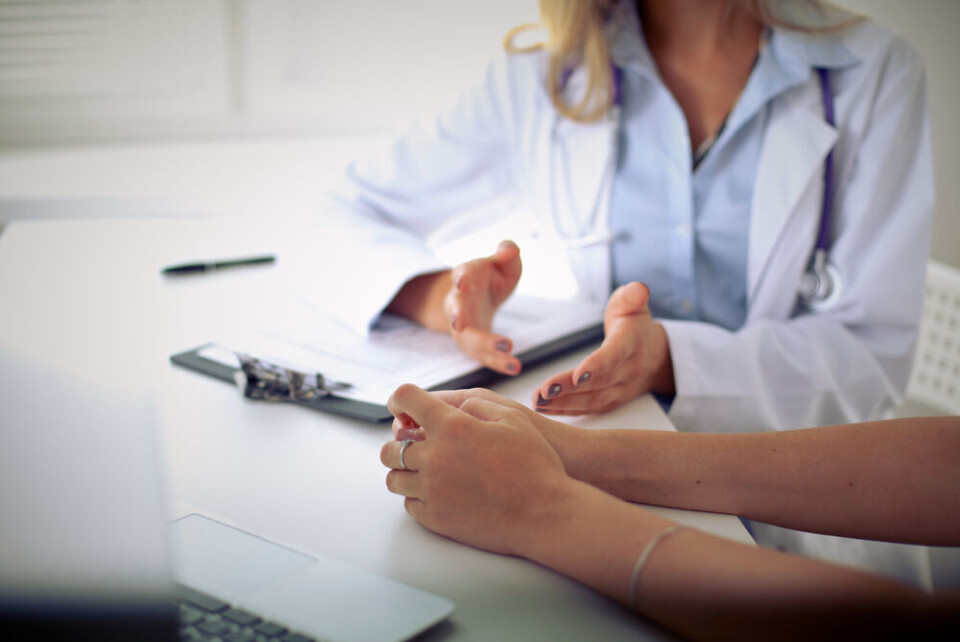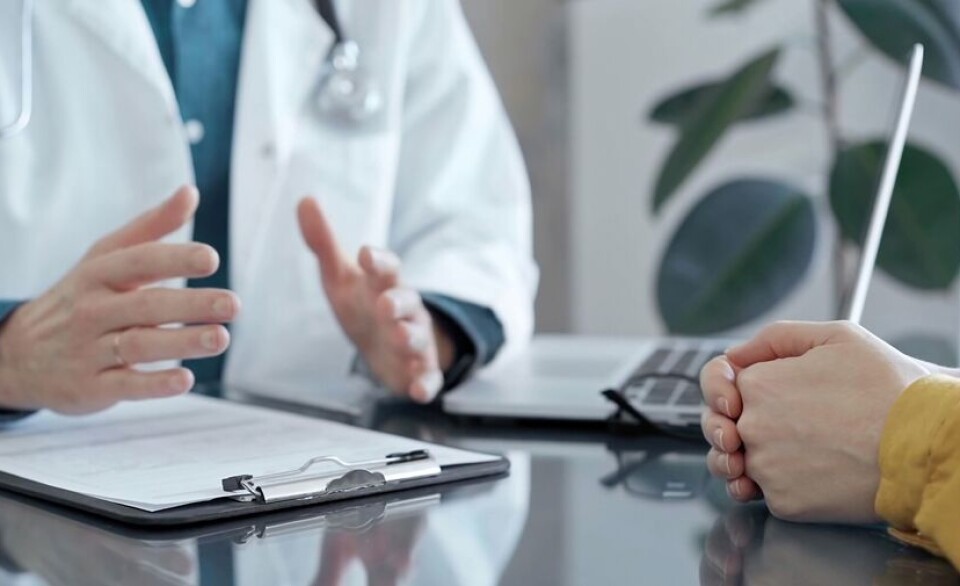-
Trump calls for Marine Le Pen to be freed (but she is not in prison)
US president said her embezzlement court case was a ‘witch hunt’
-
France’s €3 book delivery fee challenged in EU court by Amazon
Online retailer said measure is protectionist and ‘in breach of EU laws’
-
Allergies: How to know pollen levels in your commune of France
Interactive online maps can track and predict how pollen is changing in the air
GPs in France can request list of patients who have not had Covid jabs
Authorities have approved sharing data so GPs can encourage more vaccination, as scientific studies show the benefits of getting first and second doses

GPs in France will be able to access on request a list showing which of their patients have not been vaccinated against Covid-19.
The decision was approved by data protection regulator Cnil and the health body Assurance maladie.
Although Cnil said it was against data being used in this way “on principle”, it made an exception in the context of the health crisis, and with some conditions.
These mean that doctors will only be given a list of patients on request, rather than automatically.
The list can also only be given for the purposes of giving more information about vaccines, and once the information has been given the list must be deleted immediately.
Thomas Fâtome, director of l’Assurance maladie, said the move should help motivate more people to get vaccinated as soon as possible.
To this end, he said that telephone calls with l’Assurance maladie would now also include “open questions [on vaccination] to support people who want it and to offer vaccine appointments”.
He said: “l’Assurance maladie is completely mobilised for vaccination. The message is simple: there’s no reason to wait for the rentrée [in September].
“The centres are open, doses are available, the wait between two doses can be three to seven weeks, and you can change centres to have your first and second injections when you are on holiday.”
The push to increase vaccination in France comes as cases of the Delta variant are rising, and high levels of vaccination are seen as a way to counter a possible fourth wave starting as early as July.
Scientific studies support vaccination as a protective measure, showing that vaccinated people are significantly less likely to catch and transmit Covid-19.
Even getting a first dose of the virus can make a difference, as a study in the UK found that having one dose of the AstraZeneca or Pfizer vaccine almost halved the chances of people in the same household infecting each other with the virus.
Full vaccination provides even more protection for the vaccinated person and others, with an Israeli study finding that two doses of the Pfizer vaccine made people ten times less likely to catch Covid-19.
Even if people who are fully vaccinated do catch the virus – which is a possibility – researchers have found that they are likely to experience a lower viral load, meaning they will become less ill.
Another Israeli study found people who had two doses of the Pfizer vaccine had a viral load that was 2.8-4.5 times less significant than unvaccinated people.
By contrast, a recent article from Institut Pasteur in France stated that people who were not vaccinated played a “disproportionate” role in spreading the virus to others, being 12 times more likely to do so.
The impact of vaccination against new variants, such as the Delta variant, are still being investigated.
Some researchers have warned against ‘vaccine syndrome’ – a feeling of security after being vaccinated that could lead people to take more health risks and reduce advised social distancing measures.
Most vaccines are thought to become effective around two weeks after being administered, although this can vary from person to person.
Related stories
France calls for mass Covid vaccination: ‘Risk of a new wave is real’
How to update Covid vaccine certificate to EU format via TousAntiCovid
























